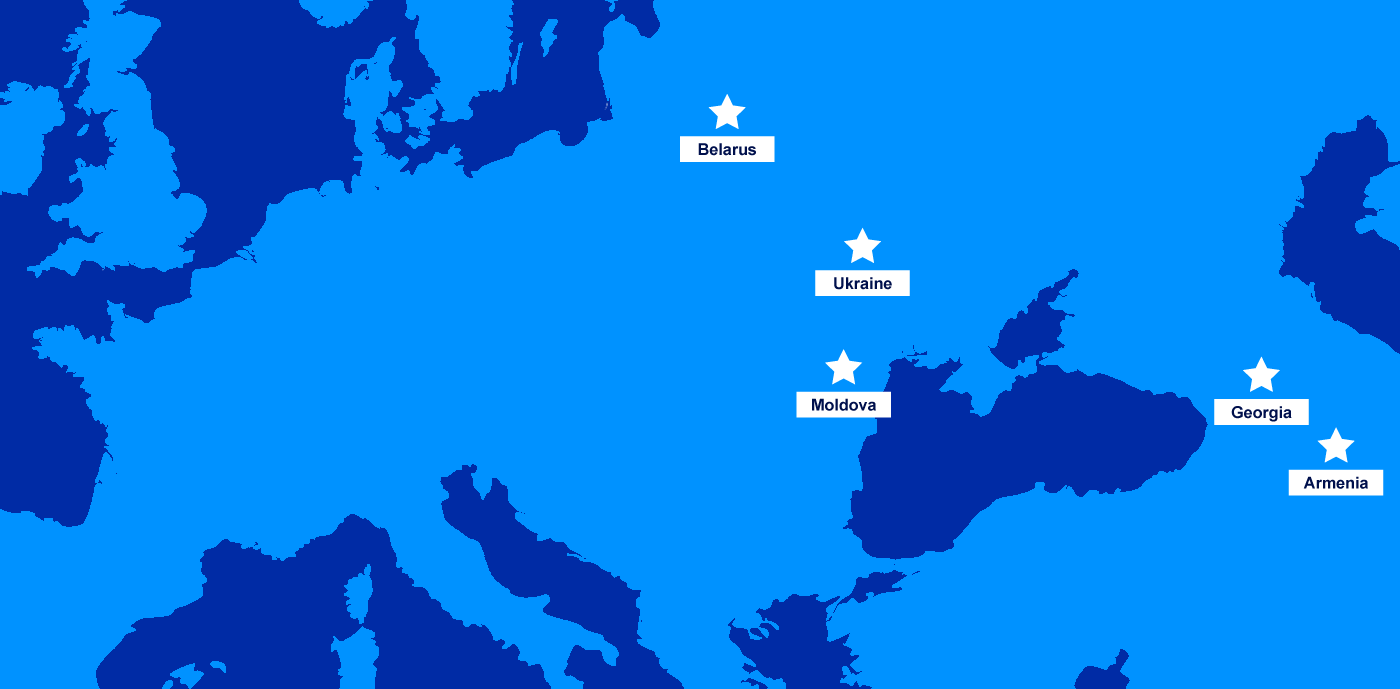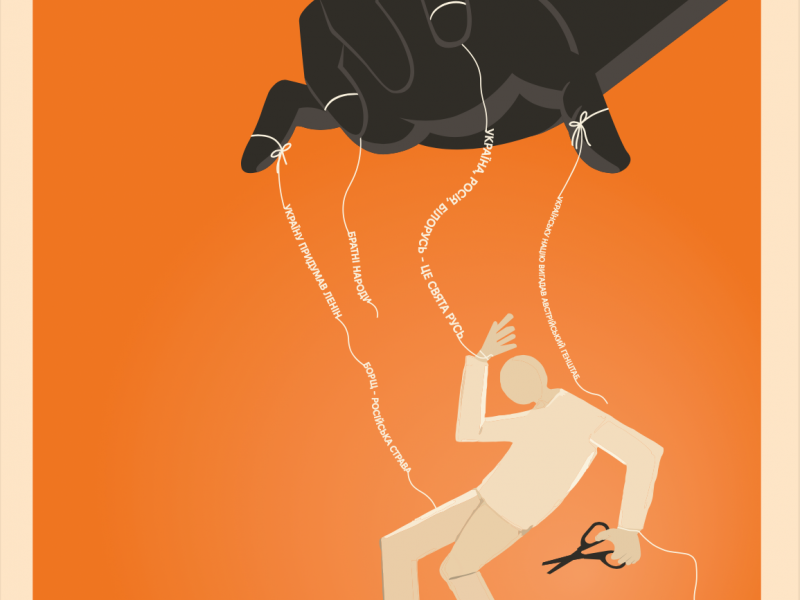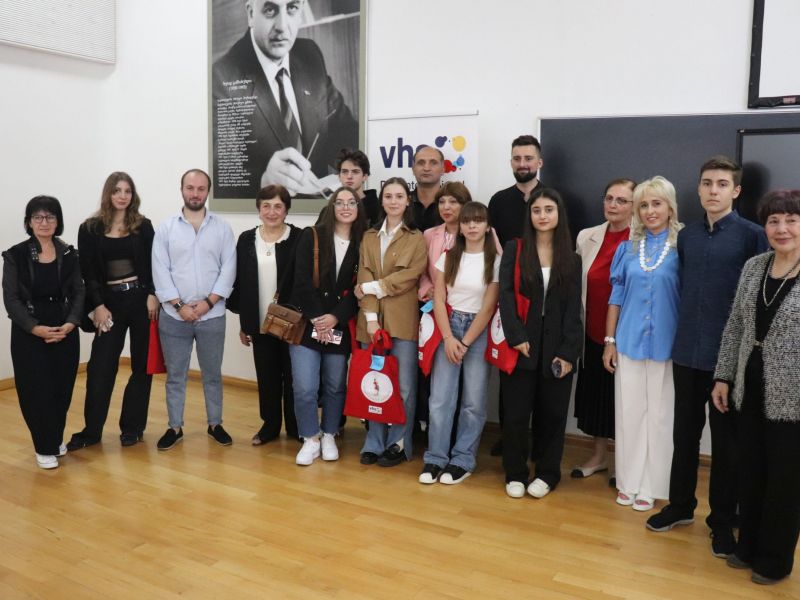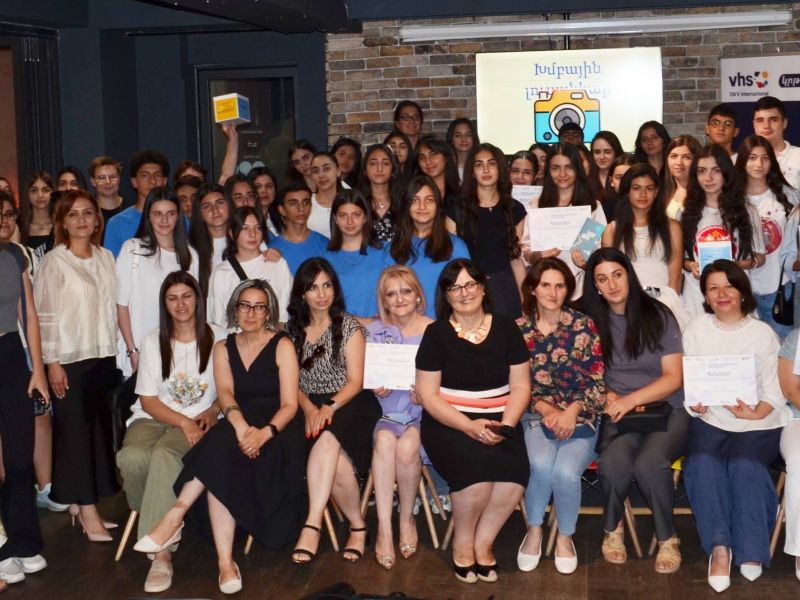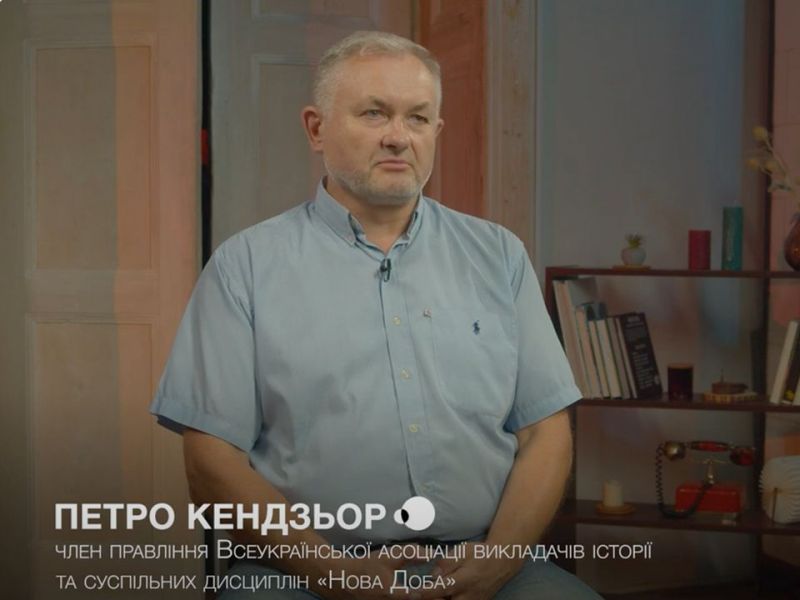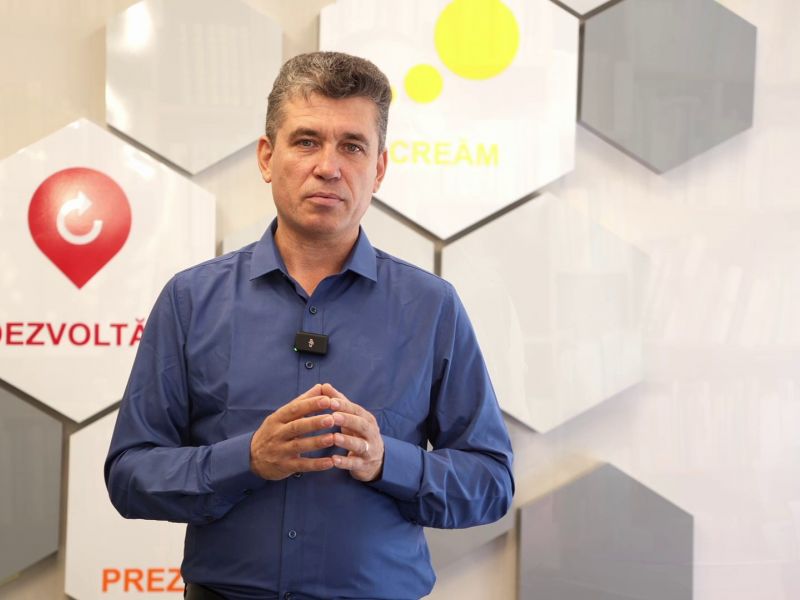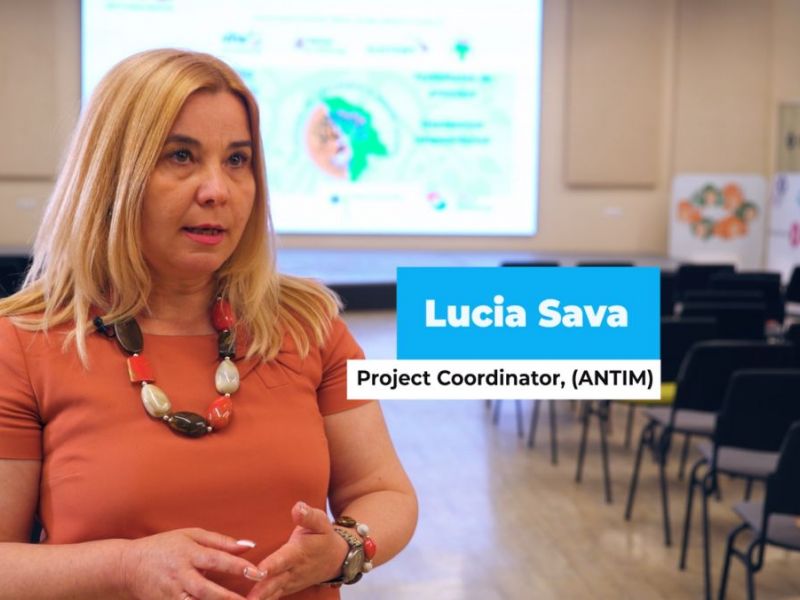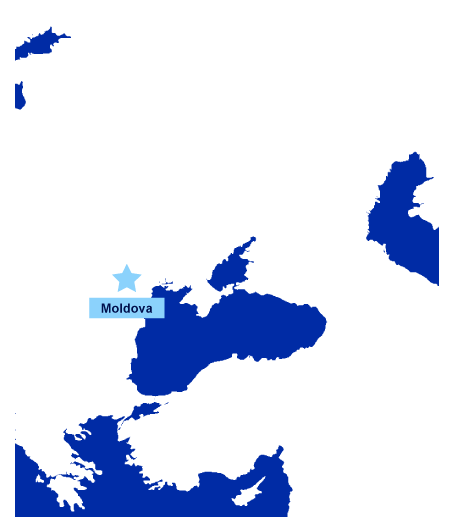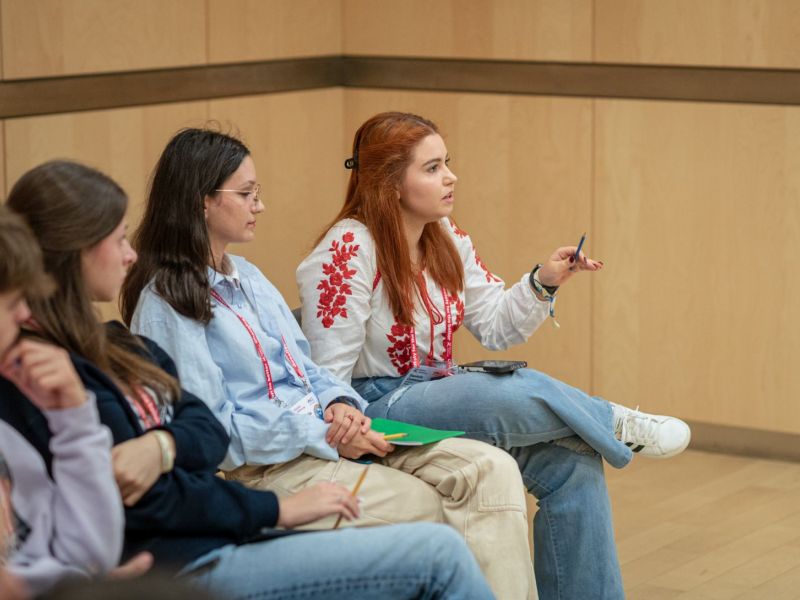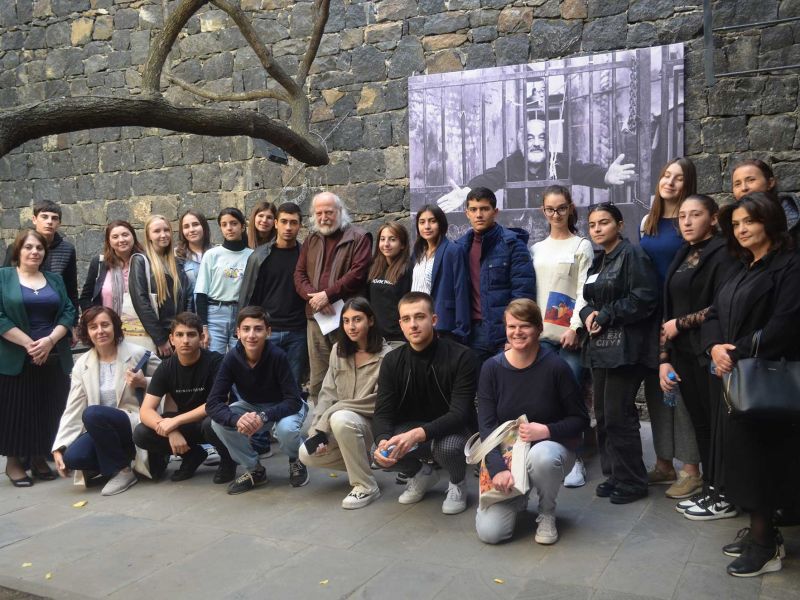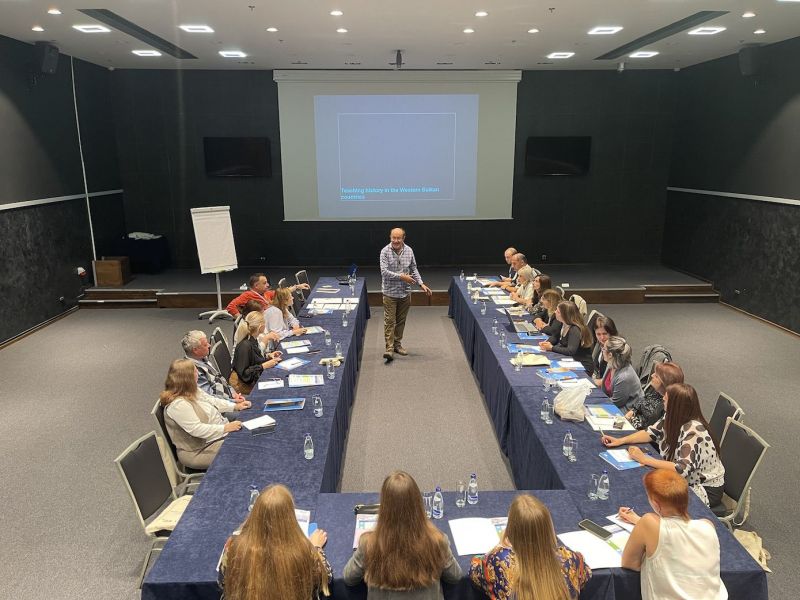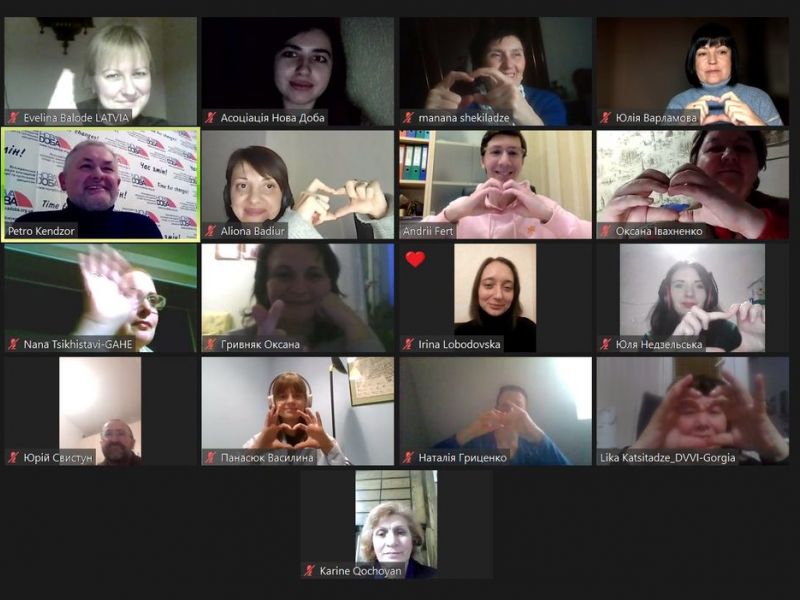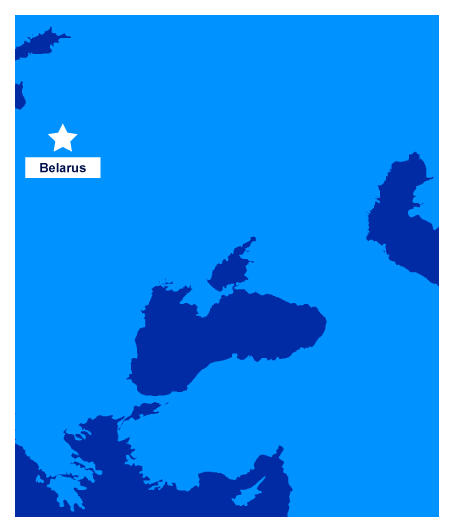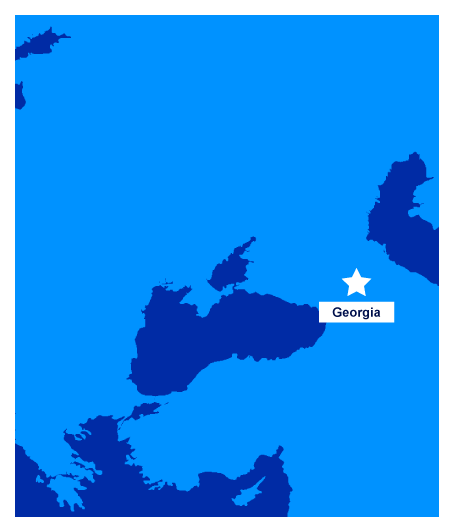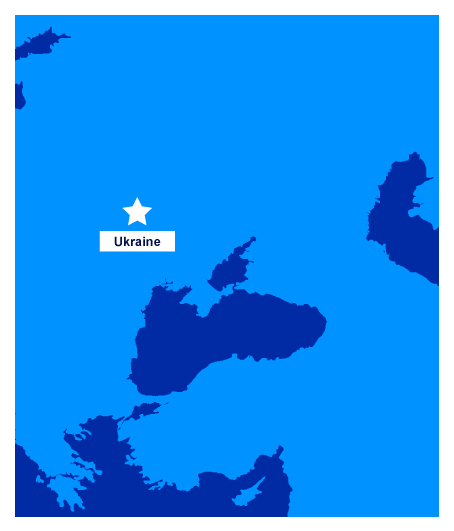This common umbrella topic in 2021/2022 is paying tribute to the 30th anniversary of the dissolution of the USSR in 2021
“Thirty years have passed since the collapse of the Soviet Union. Everyone thought it would last forever until it was no more. Since then, the vast majority of the former Soviet Republics have condemned totalitarianism, repressions, human rights abuses, lack of freedom of speech, and communist ideology.
One may well think that Armenia, Belarus, Georgia, Moldova, and Ukraine, properly assessed the Soviet past, learned the lessons from it. But upon closer look, the Soviet legacy still holds a grip on our daily lives, economics, and political culture. While one part of the society strongly condemns and rejects the Soviet past, another vociferously harbors nostalgia. Radical decommunisation and demolitions of the Soviet monuments exist alongside the restoration of the Soviet anthems and emblems. The veneration of Stalin shadows unprecedented religious revival. And the way we talk about the Soviet era still affects our identities.
Historians call this “a haunting past” which means that the past refuses to pass away. Either because we haven't discussed it much, or because we haven’t reached a consensus about it, or because we have replaced it with one-sided, uncritical narratives.
Simply removing monuments and renaming streets is not enough to comprehend the incredibly complex and contradictory Soviet experience. Instead, we should approach the Soviet past through the lenses still unusual for our countries, namely everyday history, memory studies, micro-history, and oral history. And by combining this approach with political studies, we could see the complexity of our ancestors' experience and thus understand the various sentiments and stereotypes existing today.
Our project invites teachers and their students from Armenia, Belarus, Georgia, Moldova and Ukraine to join our discussion about the Soviet experience and post-Soviet transition. We offer an opportunity to exchange ideas, to meet your peers from other countries. And also learn how to work with historical sources, how to actually write history, and understand how complex and uncertain the past could be.”
Andrii Fert, Project Coordinator, DVV International – Country Office Ukraine, June 2021


